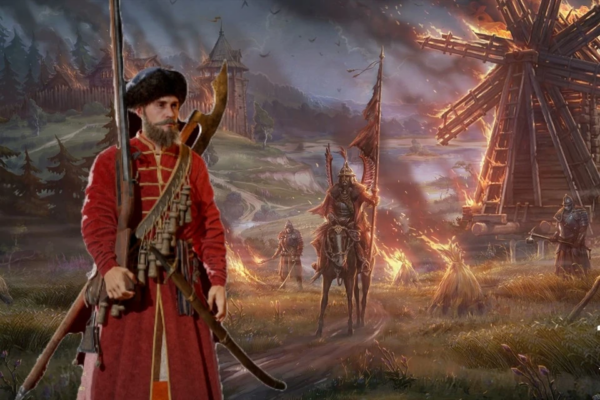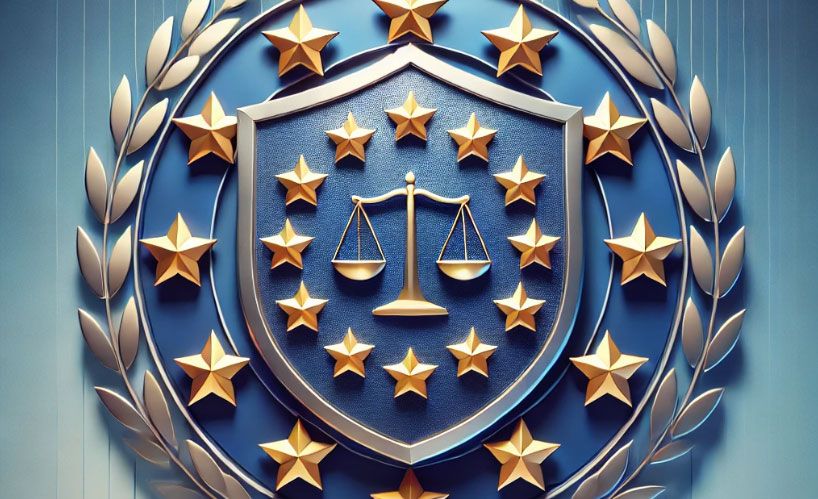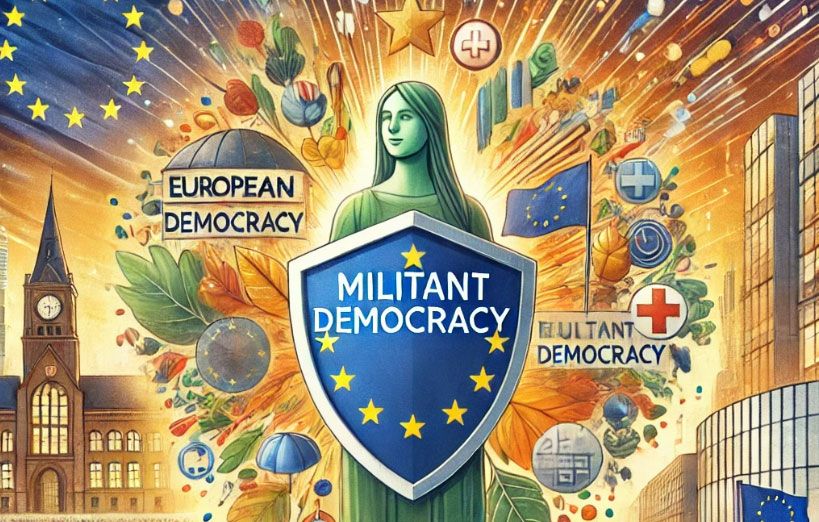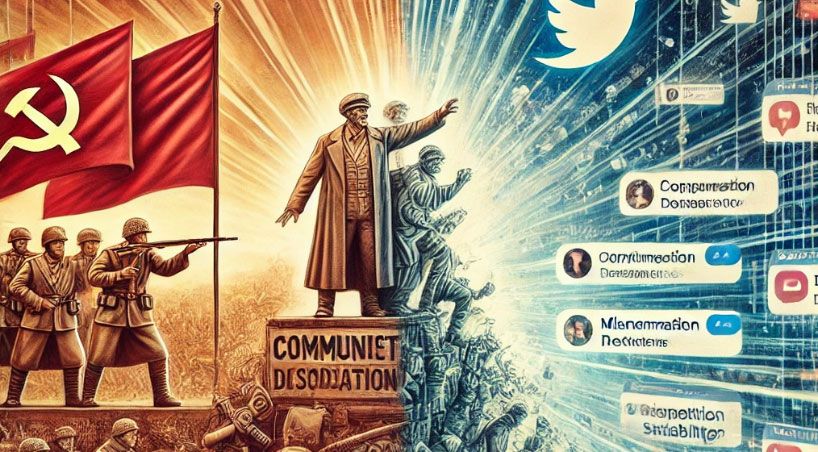Grab them young
In October 2019, Vladimir Putin ordered the Russian government to choose a non-governmental organisation to serve as a ‘coordination centre for organising the production of internet content aimed at the spiritual and moral education of young people’.
The government chose the Russian Internet Development Institute, or IDI (Институт развития Интернета). Russian state authorities fully control the IDI. As such, it is a classic example of a GONGO, or a government-organised non-governmental organisation. Vyacheslav Volodin, the former deputy head of the presidential administration turned speaker of Parliament, was deeply involved in its establishment in 2014.
The IDI and Russian ‘patriotic’ gaming
In December 2021, the IDI presented its plan to support the creation of Russian computer games whose ‘content should be close to Russian mentality, culture and values’. In 2022-23, the IDI allocated 2.5 billion roubles (around 25 million euros) to the development of several gaming projects.
In 2024, the IDI said three main gaming projects would soon be ready. They were ‘Smuta’, a historical action/RPG game about 17th century Russia; ‘Sparta’, a game about a Russian private military company (PMC) operating in Africa, and a reference to the Wagner group; and ‘Front Edge’, a military strategy game about a direct Russian-US clash in Eastern Europe. These games are in different stages of development, but their ideological message is clear.
‘Smuta’: a virtual Potemkin village and an example of ‘patriotic’ corruption
Promotional image from the developer, CYBERIA NOVA
The ‘Smuta’ game has been controversial in Russia (Youtube game trailer). Following its release by the little-known developer, Cyberia Nova, in April 2024, it faced intense criticism from Russian gamers. This flagship “patriotic gaming” project turned out to be underdeveloped, full of technical problems, and lacking interesting content.
As a major Russian gaming page, GameMAG.ru, concluded, “Smuta is a virtual Potemkin village that was built only to report to officials. From the outside, everything looks nice and even works, but once you touch it, the illusion collapses”. Other games reviewers called it “not a game, just an interactive history lesson”, and criticised its very basic design.
The idea for the game had been ambitious. Russian developers and the IDI decided to create a Russian alternative to such popular Western games as ‘Assassin’s Creed’ and ‘The Witcher’, based on events in 17th-century Russia. The IDI subcontracted the development of Smuta to an unknown company, and provided the developers with several grants and state support totaling at least 500 million roubles (5 million euros).
In Russian, ‘Smuta’ means the ‘Time of Trouble’ around the 17th century, when the Muscovy dynasty faced collapse.
Propaganda disguised as a game
The nationalistic message of the game is clear. The main character, Prince Yuri Miloslavsky, fights Polish invaders and their allies, and pulls Russia out of the ‘Troubles’.
The game contains several propaganda messages. For example, the main character says to a German mercenary that ‘there are no women in his country (Germany), just dressed up men’, a reflection of the Kremlin’s obsession with transgender people. Another example is the quote, “if it’s necessary, Russian people should mortgage their wives and children for the needs of the Russian Army”. Looking at the game’s design, it feels like a history lesson for an elementary school.
Smuta’s problems irritated some Russian officials. One member of the Russian parliament, Vitaly Milonov, even claimed that the ‘poor quality of Smuta was a sign the game’s developers were recruited by Polish special services’, and that they should explain how they misspent 500 million roubles.
To the rescue
Representatives of the Russian authorities defended the game. Another Russian parliamentarian, Anton Gorelkin, called it the ‘first step in the development of new Russian gaming’ and suggested that the ‘Russia’s information enemies do not like the game’s narratives, so they attack it’. IDI Director Anton Goreslavsky claimed criticism ‘came from the liberal-opposition media’.
An easy way to get state money
Smuta appears to be one classic type of Russian corruption or misspending. A little-known entity receives a large state grant for an exceptionally ambitious project, but there is not enough time and money to complete it properly. In turn, officials blame the game’s failure on ‘enemies’, Polish special services and the Russian liberal opposition.
‘Sparta’ – another game about the Wagner PMC presence in Africa
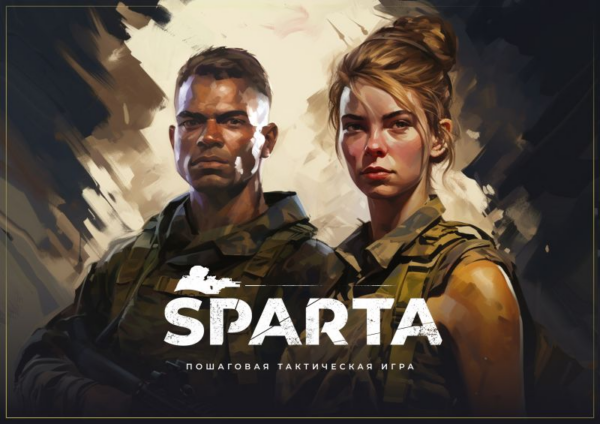
Image from the AIM gamer promotion forum
We recently analysed Russian computer games featuring Africa which targeted players in the West and in Russia. The game ‘African Dawn’ sets out Russia’s agenda to increase its influence and discredit Western partners in Africa.
The ‘Sparta’ tactical strategy game is due for release by the end of 2024 (YouTube game trailer). Its scenario is clearly militarist-nationalist. Mercenaries of Sparta, a Russian PMC, are fighting a group of radical fanatics in a conflict–ridden African country. The clear message is that the Russian PMC is defending Africa from terrorists, so acting for the good.
The game does not explicitly reference the late Yevgeny Prigozhin’s PMC Wagner. But Wagner’s notorious symbols such as sledgehammers, skulls and musical instruments appear regularly.
The name Sparta is directly connected to Russian aggression on Ukraine. One of the first Russian-backed ‘separatist’ units, formed in August 2014 in Donbas, called itself Sparta. It was led by the infamous Donbas warlord, Arsen Pavlov, or ‘Motorola’, who has been accused of war crimes, and it received all its support from Moscow.
‘Front Edge’: a direct military clash between Russia and the US in Eastern Europe
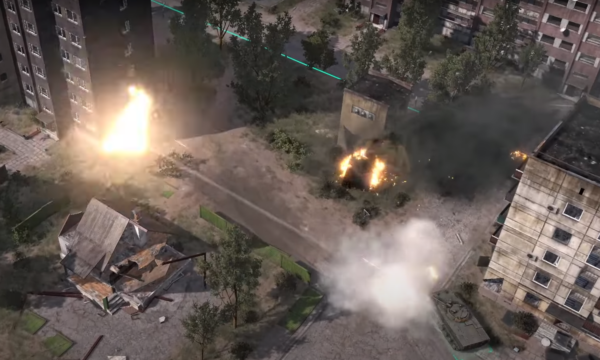
Screenshot from the game’s promotional version
In April 2024, Russian developers presented an introductory version of a strategy game called ‘Front Edge’ (Передний Край), which was also financed by the IDI. (YouTube game trailer.)
The goal of the game is simple; to promote narratives about Russian military might to young Russian gamers. So far, the game has two actors: the Russian army and the US. The Russian Army has a clear advantage, with strong assault infantry.
The game’s developers do not hide that the source of their inspiration is the ongoing military action in Ukraine. The US-Russian clash takes place in a post-Soviet region featuring typical Soviet apartment blocks or in Ukrainian-like scenery with mixed open fields, forest edges, trenches etc. Another game location is a town in Latvia, where Latvian words such as ‘verikals’, or store, appear on certain buildings.
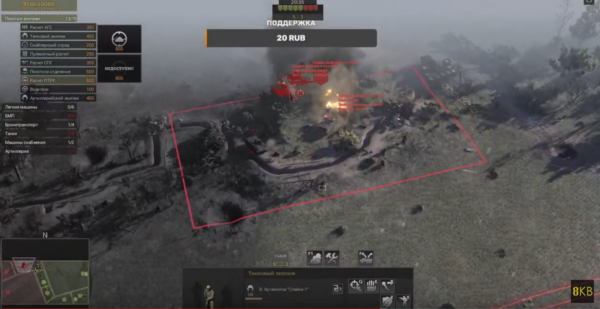
Screenshot from one of the game sceneries
In an act of ‘online patriotism’, young Russian gamers can now get a thrill, and comfortably enjoy fighting American forces with a superior Russian army in various Ukrainian locations. All without having to experience the reality of the battlefield ‘meat grinder’ – Russian assaults where ill-protected infantry (‘meat’) is thrown in large numbers at Ukrainian positions, resulting in many casualties.
In June 2024, EU sanctions targeted the IDI as a propagandist, Kremlin-controlled institution. In 2023, the Institute received over 20 billion roubles (around 200 million euros) from the state budget, and it spent this money on the creation of ‘government-ordered content’.
Since 2020, the IDI has supported creating ‘patriotic content aimed at preserving Russian cultural identity, traditions and sovereignty’ and provided grants for TV series, documentaries, and Russian bloggers. Recent IDI projects include a propagandistic melodrama about the War in Ukraine, ‘20/22’; the spy thriller ‘GDR’ (East Germany); and a popular criminal drama, ‘The Boy’s Word’.
Since 2022, the IDI has paid the closest attention to financially supporting propaganda connected with the war. Projects include titles such as: ‘Women Z’, ‘Made for the Front’, ‘Ramzan. Akhmat – Force of Russia’, ‘SVOi’, ‘The Right for Invasion’, and ‘The Volunteer’, a service explaining to Russians how to volunteer for military service and get to the frontline.
The IDI forms part of a larger, Russian state-controlled system with coordinated, politically directed production and actions designed to support Russia’s armed aggression against Ukraine. When listening to Putin and other Russian leaders speaking about ‘the war with the West’ there is no doubt that they consider it critically important to mobilise such tools in the domain of information, education and culture.
See also our previous articles on Russian computer games featuring Africa, or our examination of Russian schoolbooks on history.
The post Computer games the Kremlin plays appeared first on EUvsDisinfo.
Content Original Link:


